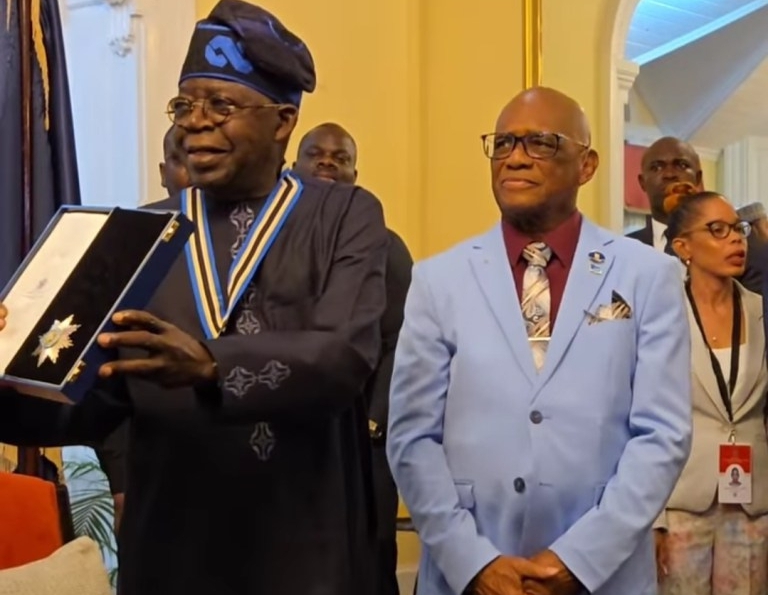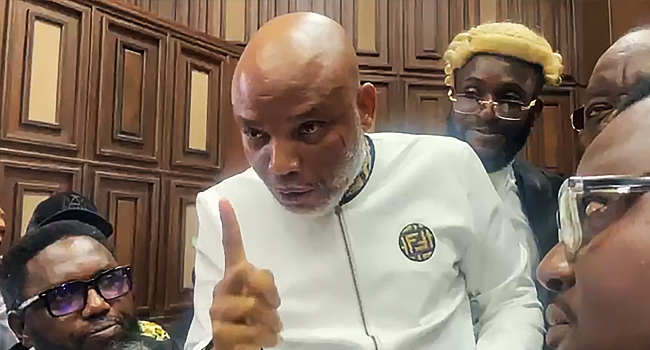Featured
Ex-Akwa Ibom Governor, Udom Emmanuel, arrested by anti-graft agency, EFCC

Former Akwa Ibom Governor Udom Emmanuel has been arrested by the Economic and Financial Crimes Commission (EFCC) over alleged N700 billion fraud.
The arrest, Diaspora Digital Media gathered, occurred on Tuesday at the EFCC headquarters in Abuja, where Emmanuel had arrived to respond to allegations of money laundering, diversion of funds, and stealing.
The petition, filed by the Network Against Corruption and Trafficking (NCAT), a civil society organization, claims that Emmanuel received N3 trillion from the Federation Account during his eight-year tenure but left behind a debt profile of N500 billion and unpaid ongoing projects worth N300 billion in Akwa Ibom State.
Furthermore, Emmanuel is alleged to be unable to account for N700 billion.
Investigations have uncovered some disturbing transactions, including the withdrawal of N31 billion in cash from a single account named “Office of the Governor” between 2019 and 2023.
Emmanuel rose from humble beginnings to become a prominent figure in Nigerian politics.
He began his career in the financial sector, working with Diamond Bank and later joining Zenith Bank in 1996, where he held various leadership positions, including Executive Director and Chief Financial Officer.
Emmanuel’s entry into politics began in 2013 when he was appointed Secretary to the State Government of Akwa Ibom.
He later contested for the governorship of Akwa Ibom State in 2015 on the platform of the Peoples Democratic Party (PDP) and won, succeeding Godswill Akpabio.
During his tenure, Emmanuel focused on industrializing the state, promoting education, and improving healthcare.
He was re-elected in 2019 and handed over to Umo Eno in 2023.
He received the 2016 Leadership Newspaper Award for Best Governor of the Year and the African industrial Development Award in 2022.
The EFCC
EFCC is a Nigerian law enforcement agency responsible for investigating and prosecuting financial crimes, including corruption, money laundering, and cybercrime.
Established in 2003, the EFCC has played a crucial role in combating corruption and promoting transparency and accountability in Nigeria’s public and private sectors.
The agency’s mandate includes investigating and prosecuting individuals and organizations suspected of financial crimes, as well as recovering proceeds of crime and promoting international cooperation in the fight against financial crime.
Under the leadership of its current chairman, Abdulrasheed Bawa, the EFCC has continued to make significant strides in the fight against corruption.
The agency has secured numerous high-profile convictions, including those of former governors, ministers, and other public officials.
The EFCC has also recovered billions of naira in stolen funds and assets, which have been returned to the Nigerian government.
For Diaspora Digital Media Updates click on Whatsapp, or Telegram. For eyewitness accounts/ reports/ articles, write to: citizenreports@diasporadigitalmedia.com. Follow us on X (Fomerly Twitter) or Facebook












